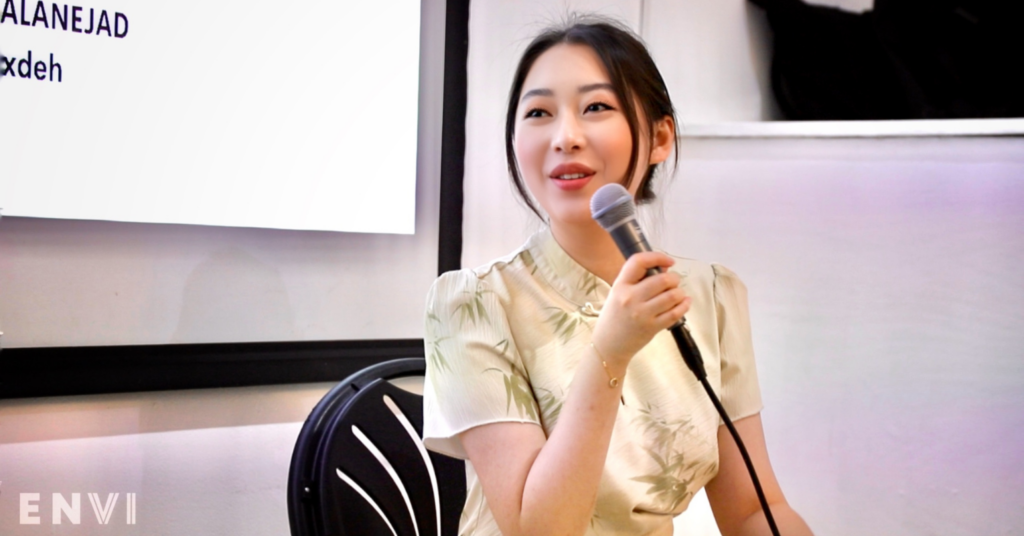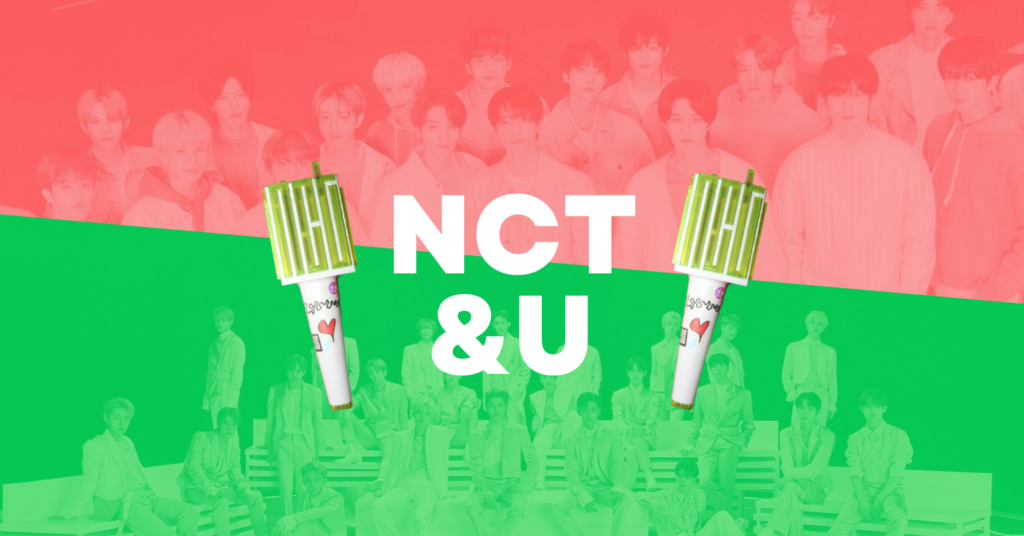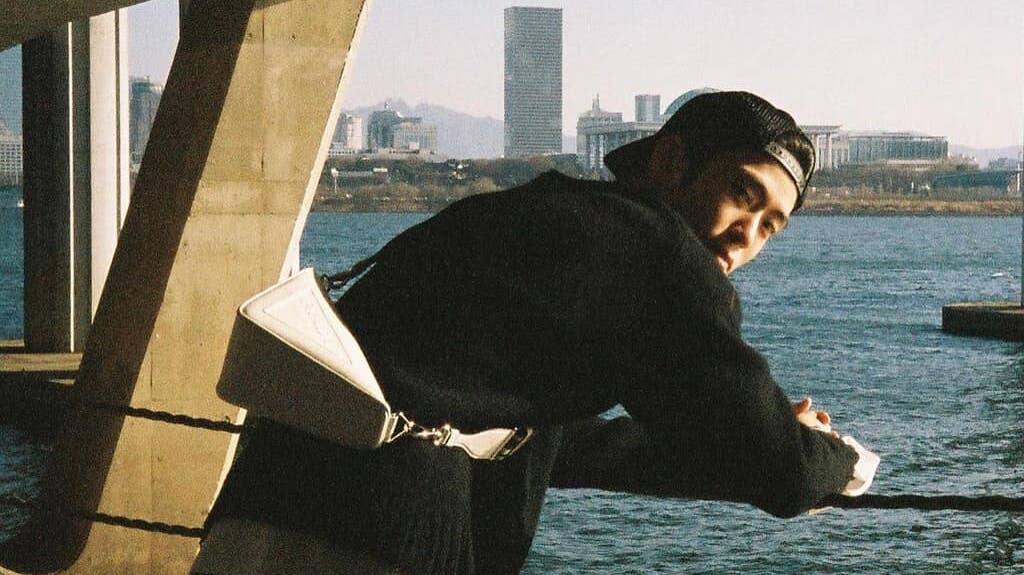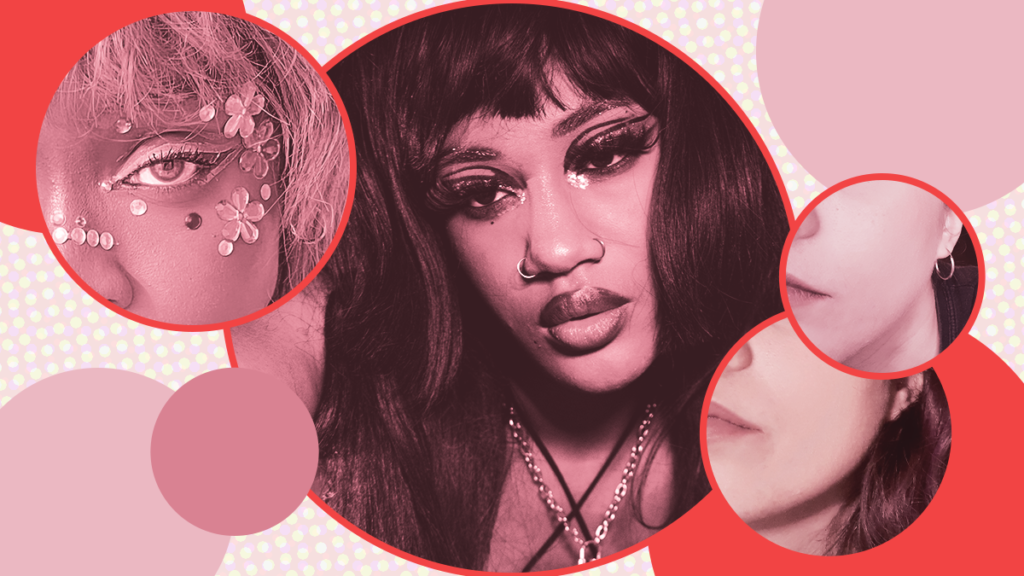Tina Wang on Challenging Norms and Uplifting Unheard Voices

“Growing up, I was always told not to stick my neck out, just lay low and blend into the crowd. I’ve never thought that one day I would be so outspoken with my words and shouting my stories to the world,” Xintian Tina Wang said with a smile as she introduced herself to EnVi. Wang was born and raised in Hangzhou, China before she made her way to the United States to pursue a career in journalism. Since then, she has written for renowned publications like TIME Magazine, Teen Vogue, and VICE and also became the Director of Events for the New York chapter of the Asian American Journalists Association (AAJA).
Wang covers a wide range of beats from arts and culture to science, innovation, and business. Although she has built a fulfilling career, her path to success has had its tribulations. Wang sat down over some iced tea to chat with EnVi about her career and dealing with stereotypes as a Chinese journalist in the United States.
Shedding Expectations
Contrary to her work as a journalist, where constant interaction with people is necessary, Wang used to be really shy. “I was not a rebel. I always followed what my mom said so I was very different,” Wang laughed lightly. Wang first discovered the world of media in high school, when the topic of future careers came up. Stories about breaking gender stereotypes and cultural norms piqued her interest. Reading stories on often taboo topics like the sex work industry and gender identity opened Wang’s worldview and made her realize there is much more to be shared.
“I read a lot of news stories on VICE, ELLE, and Vogue and those are all kinds of stories I’ve been in touch with that are really shocking. I [felt] for the first time, people are actually talking about cultural norms. People are talking about gender equality [and] how to break the beauty standard […] There are so many stereotypes people don’t talk about,” Wang told EnVi. “This is the world out there and I should probably study media in the future to better prepare me to enter this field,” she added when talking about her interest in a media-related career.
At age 18, Wang enrolled in Boston University where she studied Mass Communications with an Advertising track. Originally, Wang wanted to pursue film and documentary, but her parents advised against it. She settled on Advertising even though it was unfulfilling for her. After joining her school’s news network BUTV10, Wang realized journalism was where her passions were. At the time, Wang worked on a major story about the fifth anniversary of the Boston bombing, where she interviewed the parents of a Chinese student who passed away. The article received significant attention, which was a pivotal moment for Wang and her decision to pursue journalism.
“I imagined at that time that maybe with my stories, [I] can use it as a tool to change the world, [I] can broadcast it to more people,” Wang said. “Maybe this is a role that I want to be in the future. I want my stories or words to influence people […] That’s when I got into journalism.” Wang then went on to pursue a Masters in Journalism at Columbia University and began her career in New York City.
Movement Allows for Growth
Between college and her getting her Masters degree, Wang had to go back to China due to the COVID-19 pandemic. Once there, she worked as a reporter for an English culture magazine called Sixth Tone and faced some hurdles. While covering LGBTQ+ stories, Wang felt limited in what she could report as there were certain things she was unable to write about. “I could not comment on certain policies,” Wang later told EnVi via email. “For example, you cannot say that ‘the LGBTQ issues are banned’ because there are some people out there who are coming out,” Wang said.
Despite the limitations, Wang prevailed in her work and continued to write about important issues like China’s government targeting ‘sissy’ men. In her article, she dives into men challenging the stereotypical “masculinity” norms by wearing makeup and leaning into their feminine side, which was a concern for the Chinese government. “They want the boys to be masculine,” Wang said.
“This kind of a narrative we have to be really careful because we should choose who we want to become and that doesn’t mean that men should only become masculine. There are so many non-binary bloggers and people out there who choose to be both masculine and feminine,” Wang stated. “I think there are a lot of black and white narratives in China right now, and people should really think about how to really be gender inclusive.”
Wang eventually found herself struggling to stay authentic as a journalist and for what she stands for. Writing in English and working outside of China allowed her to work with fewer limits and craft stories with authenticity. While back in the United States, Wang has blossomed and has been able to freely cover and explore LGBTQ+ and gender inclusivity stories. She has also continued to cover a variety of topics ranging from local New York City gems to reviews and beyond.
Persevering Through Stereotypes and Hardships
Wearing dresses above the knees and putting makeup on for simple things like grocery shopping was not the norm when Wang was growing up. Sitting across from EnVi, Wang wore a neat black qipao with floral patterns coupled with a small pink floral handbag placed on the table. While representing her culture proudly, Wang was not shy about sharing stereotypes and hardships she has encountered in her career.
“For me, being born and raised in China and living in New York for a long time, I’m both a New Yorker [and Chinese]. I’m also super [linked] to traditional Chinese culture. I wear qipaos like this all the time,” she smiled and signaled toward her dress. “I have so many traditional Chinese hobbies like ink painting and all that, so living in both identities, I see struggles, but I also see this as more of a strength to me,” she continued.
One concern Wang has noticed for herself and other Asian journalists is that their busiest times are during AAPI Month in May and holidays celebrated in Asian cultures. She observed how more AAPI-centered stories — as well as speakers for events — are picked up during these times. “We should be busy all year,” she emphasized.
Wang wrote a story about qipaos for ELLE Magazine, for example, which was published this past May. However, the story had actually been completed for a year before it got published. “[The editors] were saying that [they] wanted to publish this story during the AAPI month,” Wang revealed. “But this should be a story that should be read by everyone at any time. I think there are a lot of cases like that.”
Wang also expanded on the subtle issue of being categorized as a being categorized as a “D.E.I” (diversity, equity, and inclusivity) reporter. When she worked for a legacy magazine, Wang found herself falling into this category as the stories she was pitching were about people of color. “D.E.I became my beat, but this should not be the case […] There should not be one writer of color covering this,” Wang pointed out. No matter your race, you should not be confined to only covering “race and ethnicity” or “diversity inclusive” stories. Journalists should be able to cover stories about people of color like any other story, Wang believes. Not limiting herself to “writing only for ethnic media,” she continues to write and publish stories beyond AAPI Month.
Choosing between her Chinese name “Xintian” or English name “Tina” for her byline was also something Wang struggled with early on. “I’ve seen and heard a lot of stories about how immigrants should change [and use their] English name to better find a job,” Wang noted. “Even if people may not recognize it, remember it, and pronounce it […] I would just like to say, it’s really important to be who you are.” Using her English name never felt quite right as using her Chinese name. Showing up as yourself and being a role model in this way is something very important to Wang. By not limiting herself to using “an easier name,” Wang finds power in representing her background and takes pride in using her birth name.
Voices of the Unheard
Whether it’s going to a just-opened art gallery or exploring little pockets of New York City, Wang is always finding a new story. The commonality between all of them is “unheard voices.” Uplifting underrepresented people and communities has been Wang’s passion. Having a keen eye and unique perspectives, along with being bilingual, opens many new doors for her. “[While] working as a bilingual journalist in the States today, I [get] to use my Chinese speaking skills a lot,” Wang mentioned.
This skill has helped her to reach a whole community that many may not have access to — the Chinese community in New York City. During 2021, Wang stumbled upon a group of seniors who felt isolated during the pandemic. They convened at a dance studio to combat loneliness and dance together. “They [didn’t] have the ability to learn English at a time. So speaking in Chinese to them, I think actually helped [me] get closer to them,” Wang emphasized.
After following them for about a month — interviewing and photographing people — Wang was able to put together a heartwarming story. “A lot of these moments remind me of the value of being a bilingual journalist in the city because I get to interview or get connected into this group that other journalists may not have,” Wang acknowledged.
Another noteworthy accomplishment for Wang has been publishing her book Journey to the West in February of this year. It is a biography that follows the life of Kathy Phuong Luu who went from being a refugee fleeing Vietnam to finding her way to America. Writing profiles about people is a fun and interesting process for Wang, so writing a biography was a natural next step for her. She found herself challenged with taking into account everything Luu recounted — over ten hours of interview transcripts — and crafting the story in Luu’s perspective.
“Telling a person’s journey is definitely a big responsibility, but I think the entire process was just fascinating,” Wang reflected. Her book has since then reached No. 2 in Amazon’s Biography and Memoir section. With the success of this book, Wang has received more offers to write other biographies and hopes to write more in the future.
With different avenues of storytelling, Wang constantly looks for ways to share stories of those who are underrepresented. “It’s more important to tell the story of the unheard. [These] people don’t get enough mainstream media coverage,” Wang conveyed. “I want them to be also elevated […] — they may never get a chance to be showcased in the world.”
Wang’s career continues to evolve every day through her work. She recently had the opportunity to be part of the Gold House Journalism Accelerator program this year. “I am grateful for the opportunity to connect with more AAPI writers and write more about the community,” Wang expressed. For AAJA, she will continue her role as Director of Events and has a few more events for the organization in the works. Wang also had the pleasure of speaking for EnVi’s forum panel during our “Summer K-Pop Celebration” event in Brooklyn, New York, which took place this past August.
One last key takeaway Wang mentioned during our conversation is her motto for her work: “There’s nothing minor about being a minority. There are a lot of stories to be told and heard.”
Keep up with Wang’s work on her website, Instagram, and X (Twitter). If you are an aspiring journalist, check out the American Asian Journalist Association for more resources and to find the closest chapter to you.
Want to tap into more women empowerment? Check out our article on pregnant women who participated in the 2024 Olympics here!



